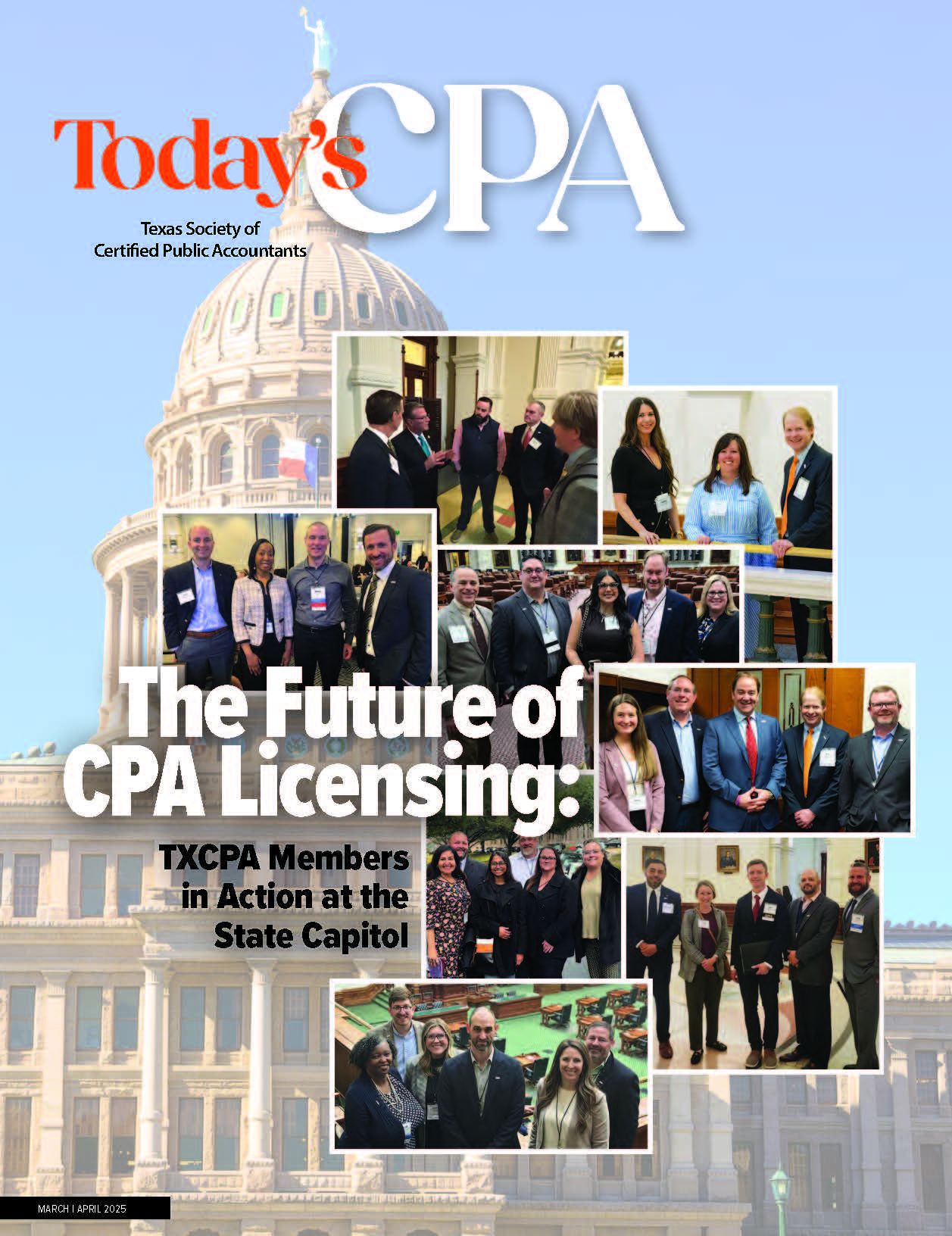SEC Approves Nasdaq’s Proposals for Board Diversity Disclosure
Accounting & Auditing
By By Don Carpenter, MSAcc/CPA
Nasdaq’s proposals regarding increased disclosures on board diversity have received SEC approval. The new requirements are intended to address the continued lack of female and underrepresented minority board representation when compared to the population in general.
The first proposal will require a Nasdaq-listed company to have (or explain why it does not have) at least two diverse members. One of the members should self-identify as a female and one as an underrepresented minority or LGBTQ+. If the company does not meet the targets, it must provide the diversity requirements to a reader and then explain why it did not satisfy them.
Nasdaq allows broad discretion with regard to meeting the explanation requirement. It offered examples of explanations, such as:
- The company does not believe Nasdaq’s listing rule is appropriate.
- The company does not believe achieving Nasdaq’s diversity objectives are feasible given the company’s current circumstance.
- The company is committed to ensuring that the Board’s composition appropriately reflects the current and anticipated needs of the Board and the company.”
The disclosure in lieu of compliance is required to be made annually in either the proxy statement (or an information statement if the company does not file a proxy) or on the company’s website. If the company elects to satisfy the requirement via the website, it must do so concurrently with the filing of the proxy statement and provide the link through the Nasdaq Listing Center.
If a company has five or fewer board members, it can meet compliance with only one board member who meets the diversity definitions. If it adds a sixth member to comply, it will continue to satisfy the requirement without being required to meet the “two diverse member” requirement of larger boards. But expanding to seven board seats would require a second diverse representative.
Smaller reporting companies (as defined in Rule 12b-2) are allowed to avoid the explanation disclosure with two diverse board members, but both members may be female. It is not required to have one of the two members be either an underrepresented minority or LGBTQ+.
In addition, Nasdaq-listed companies are required to report annually a “Board Diversity Matrix” that provides the total number of directors and:
- The number who identify as female, male, non-binary or do not disclose gender;
- The number who identify by race and ethnicity; and
- The number who identify as LGBTQ+.
The matrix must be provided annually in the same manner as the company’s explanation for not meeting the diversity criteria (proxy or website). After the first year, the report must include the current and prior year matrix. The matrix must be provided in a searchable format.
Non-compliant companies will have 45 days to submit a plan to comply after receiving failure notification and those that fail to comply within 180 days will receive a Staff Delisting Determination. Compliant companies that fall out of compliance due to a board vacancy will have one year from the later of the date of vacancy or the filing of the next proxy statement to meet the requirements.
Companies must comply by the later of August 7, 2023, or the date the company files its proxy for the 2023 annual shareholders’ meeting. Smaller companies have extended compliance dates. Nasdaq Global Select Market and Nasdaq Global Market companies have until 2025 and Nasdaq Capital Market companies have until 2026.
The diversity matrix requirement becomes effective on the later of August 8, 2022, or the filing of the proxy statement for the 2022 shareholders’ meeting, if later.
In conjunction with the diversity disclosure proposal, a second proposal will offer eligible companies a year of access to a board recruiting service to identify and evaluate board-ready diverse candidates. Eligible companies are those that (1) lack at least one director who self-identifies as female and (2) at least one director who self-identifies as an underrepresented minority or LGBTQ+.
Critics have been quick to argue that the requirements run afoul of the equal protection provisions of the 14th amendment to the U.S. Constitution and various civil rights laws. Others have commented that the proposal was “designed to address political and social issues and would redefine the purpose of businesses.”
If accepted, these positions argue that Nasdaq has exceeded its authority and that the requirements are therefore unlawful. The proposal will almost certainly be challenged in court consistent with earlier board diversity regulations enacted by the state of California.
Nasdaq’s counter to these arguments is that the rules are not diversity quotas or mandates, but only disclosure requirements that are intended to give investors greater insight into a company’s approach regarding board diversity. Under the proposal, a company is not compelled to meet the diversity goals, only disclose its rationale for not complying with them.
It will be interesting to monitor these new requirements as the reporting deadlines near. Additional research may be needed to determine the extent to which investors rely on the data when they are making investment allocations.
About the Author:
Don Carpenter is clinical professor of accounting at Baylor University. Contact him at Don_Carpenter@baylor.edu.


















